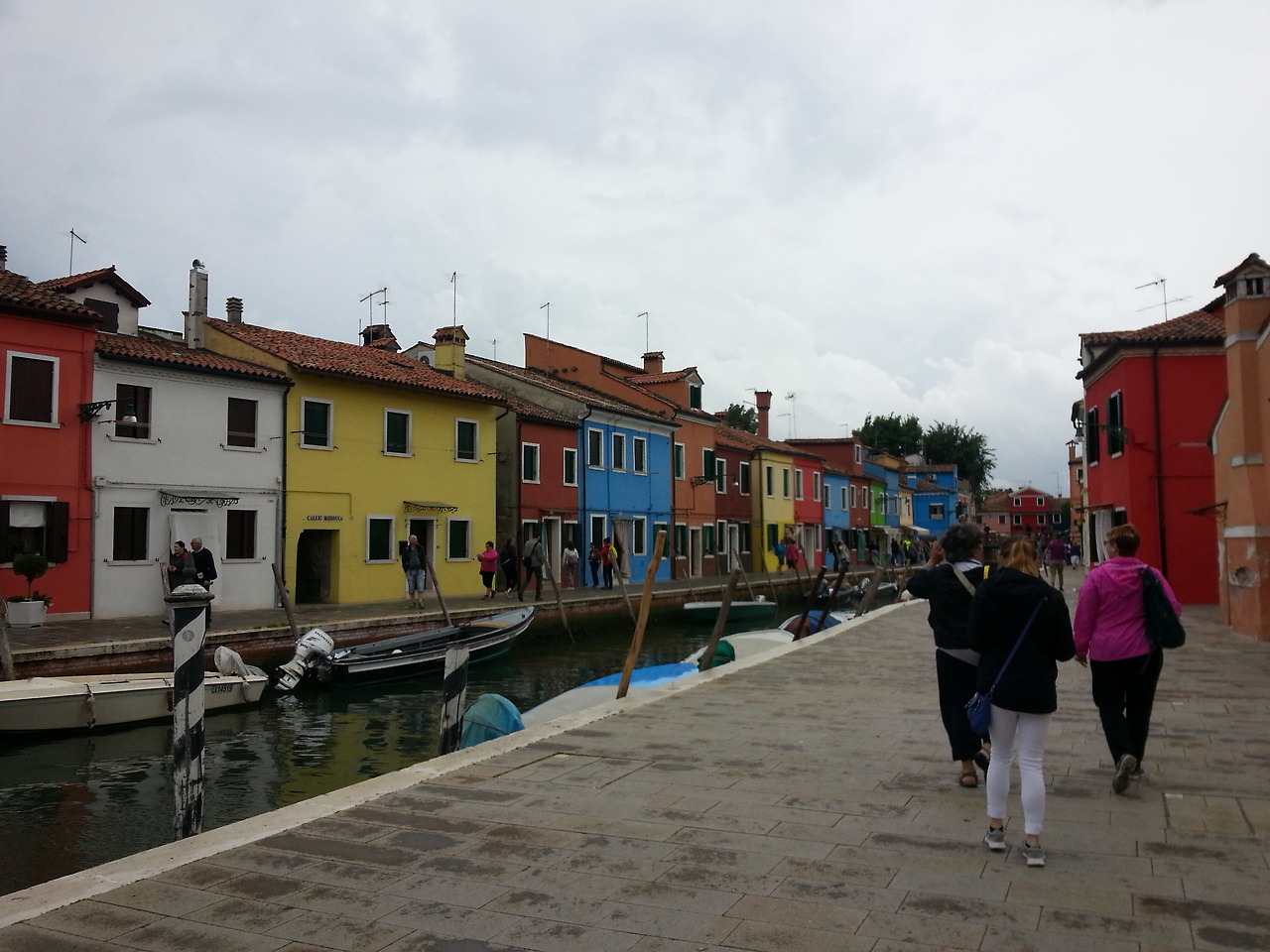For my STEP Signature Project, I decided to participate in an education abroad program in Nantes, France, through IES Abroad. This was a full-immersion program, meaning every effort was made to ensure that I would speak primarily French and really delve into true Nantais culture. During this program, I spent four months living with a French host family and taking various classes entirely in French through IES Abroad and the University of Nantes, along with a group of other American students.
My views on myself as well as on French and U.S. culture transformed greatly throughout my study abroad experience. Personally, I became much more independent and more able to handle new or unexpected situations. I also found that as time went on, I became much less shy and more outgoing as a person. My views on French culture and on my own culture also changed during this program. Learning French in middle school, high school, and even in college, it felt like we were always taught the same French stereotypes of berets, baguettes and the Eiffel Tower. Living in France for four months, I of course discovered that most of these stereotypes were exaggerated (although the French really do eat a lot of baguettes and cheese). I found that although the French tend to avoid eye contact on the street with strangers, they are very warm with their friends and kind to strangers they see often. My view of the United States also changed while abroad. I realized that Americans can be crude and loudmouthed, but I also came to appreciate the warmth and openness Americans have for strangers.
One aspect of the program that led to these transformations was living with my host mom. Living with a host family was challenging because it was an awkward negotiation between feeling at home and feeling like a guest. I had my own bedroom and area to relax, but I had to ask to use the kitchen and work around my host mom’s schedule for dinner. Negotiating my place in the household and communicating with my host mom gave me a lot of experience handling delicate situations and being more outgoing. Our dinner conversations also often led to learning experiences about French culture and trading our views on each other’s cultures. I learned that my host mom thought Americans worked too hard and that the French are louder. She told me she considered “American” as a separate language from English, and that the French learn English in school because Americans tend to “eat their words” and are harder to understand. She taught me different French customs and holidays, and I learned more subtle cultural habits such as leaving your bread on the table instead of on your plate.
Another aspect of the program that led to these transformations was taking classes in complete French. This was incredibly difficult at first, and I went to bed with a headache every night for the first few weeks. However, this full immersion into French helped me pick up the language more quickly and created a challenging and rewarding educational experience. Each class I was in required a class presentation on a specified subject (in French). I have long struggled with class presentations in English, so the idea of doing them in French was even more terrifying. However, these presentations became easier as the semester went on, and I clearly survived. Being back home now and able to speak in English, I have found that I am less shy and nervous about speaking in front of people. Taking these classes has given me more self-confidence. These classes have also taught me a lot about the French school system. While college in the United States is very structured with almost-daily assignments and attendance policies, college in France is much looser. The professors don’t track your attendance, and the only grades are an exam and/or oral presentation. I was very critical of the French system at first, but I then realized that it has some merit. Instead of depending on professors for reminders and second chances, French students have to be more proactive and responsible for their own education.

A pain au chocolat (chocolate croissant) from the boulangerie near my house (which happened to share my name)
A third aspect of the program that led to these transformations was just navigating the city of Nantes, traveling in France, and entering businesses in the city. From these daily interactions and processes, I learned how to navigate bus, tram and train systems. This definitely increased my independence. Additionally, I learned a lot about French culture by observing the natives around me and interacting with them. Although strangers tended to avoid my eyes, the workers at the coffee shops and restaurants I frequented often gave me a smile or asked where I was from and wanted details about my life. One time, a waitress at the coffee shop I went to all the time with my friends gave me and my friend a free piece of cake because we went there all the time. So, I realized that the French don’t go out of their way to be friendly with strangers, but they are very kind and friendly to the people they know or see regularly. Now that I am back in the United States, the chattiness of strangers tends to throw me off!

The chateau of the dukes of Brittany, which sat in the middle of Nantes. I did an oral presentation on its history in my grammar class, and I often hung out in the grass outside of it with my friends.
I highly value the transformations I underwent during this program. I have struggled with shyness and nervousness my entire life, and this experience pushed me out of my comfort zone almost daily, which forced me to adapt and rise to the occasion. Now, when I second guess myself or get nervous, I tell myself: “well, at least you can say it in English,” and I feel my confidence rise immediately. Academically, this program has vastly enhanced my French grammar and vocabulary. I went from an intermediate level of French to an advanced level, and I can more easily and adeptly communicate to someone in French. This program turned my French minor into a major, and although I do not know what career I will end up with, I know that this education abroad experience has positively transformed my personal, academic and professional capabilities.
Check out the cool video below to see how amazing the city I spent four months in is:













